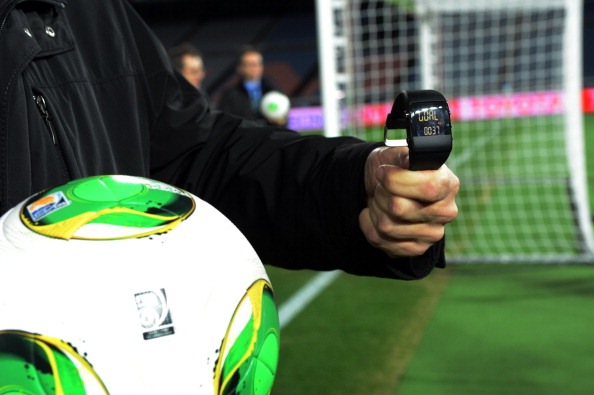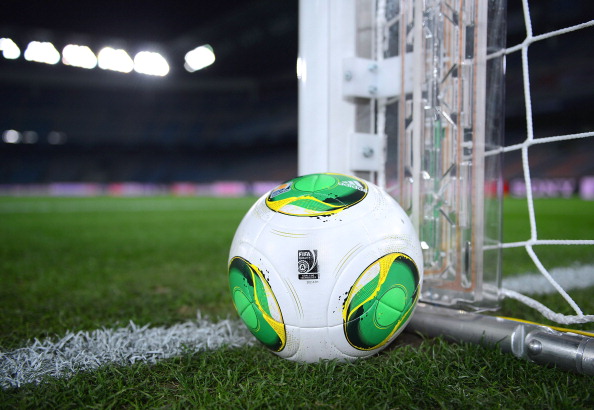By Andrew Warshaw
December 6 – FIFA has welcomed the introduction of goal-line technology, being rolled out for the first time in official competition at the Club World Cup in Japan starting today.
After years of global debate and detailed fine-tuning, FIFA secretary general Jérôme Valcke said implementing technology to help referees decide if the ball has crossed the line it was a historic moment for the development of the game.
“It’s a big day because it’s the first time that the technology will be used officially in a game or in games,” Valcke said ahead of the Club World Cup opener between Auckland City and Sanfrecce Hiroshima.
“Up to now it was just [an] experiment.”
Although UEFA President Michel Platini is fiercely against technology, preferring his alternative human method of two extra assistant referees, Valcke said there was no longer any reason to oppose scientific aids.
“This is a kind of revolution,” he insisted.
“It is the first time that this kind of technology is coming into football.
“The technology won’t change the speed, value or spirit of the game.
“There is no reason to be against it.”

Final approval was given earlier this year by the International Football Association Board (IFAB), the game’s law-making body, to two systems – the camera-based Hawk-Eye system and GoalRef, which uses a magnetic field and a microchip in the ball.
Both are being used at the Club World Cup after successfully coming through final testing.
“It’s important for FIFA because it means that we will use one of the systems [available] on the market at the Confederations Cup and the World Cup so for us, again, it’s a live experiment on a FIFA competition,” said Valcke.
Referees will be responsible for testing the technology pre-match before deciding whether to employ it in the game itself.
“Ninety minutes before the game, the referee will pass three tests to the system and based on the result he will decide if he’s confident with the system and is using the system during the game,” Valcke explained.
Valcke said he had full confidence there would be no errors from the technology, which transmits its findings within one second.
“There can be no mistakes with this and that is why the IFAB took two years to make sure the system was perfect,” he said.
Contact the writer of this story at zib.l1745176882labto1745176882ofdlr1745176882owedi1745176882sni@w1745176882ahsra1745176882w.wer1745176882dna1745176882

